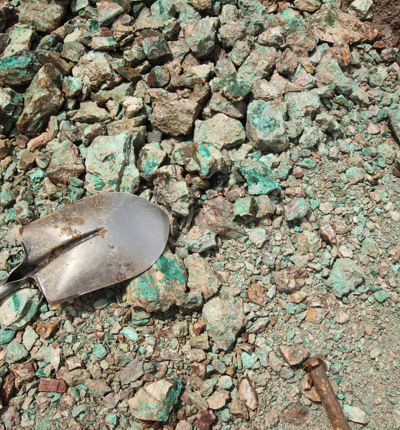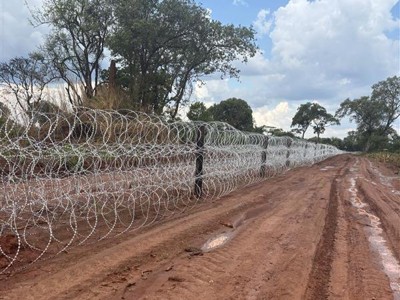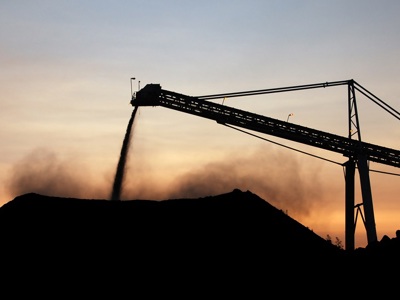
Understanding the impact of Zambia’s toxic spill on local communities
Following a toxic waste spill in Zambia, Walker Syachalinga from Leigh Day’s international and group litigation team considers how mixed messaging from authorities creates an additional barrier to justice for communities impacted.
Posted on 21 August 2025
On 6 August 2025, the U.S. Embassy in Zambia issued an urgent alert: all American government staff were to leave the Copperbelt towns of Kitwe, Chambishi and surrounding areas affected by a massive mining spill that happened six months earlier.
The warning came nearly six months after a dam holding toxic waste collapsed at a Sino Metals Leach Zambia Ltd owned mine in Chambishi on 18 February 2025.
More than “50 million litres” of acidic and metal-laced water was released into local rivers. (. Sino Metals Leach Zambia Ltd is a subsidiary of the Chinese government owned China Nonferrous Metal Mining Group.
Conflicting public statements
Responding to the collapse, the Zambian government temporarily banned farming and fishing in the area and added lime to the rivers to reduce acidity. It warned through a 2 April 2025 ministerial statement that “heavy metal contamination” was far beyond the safe limits set by the World Health Organisation and ordered Sino Metals Leach Zambia Ltd to temporarily cease operations, clean up affected areas and conduct a full assessment of the extent of the contamination.
However, through a further press release on 17 June 2025, the public was informed of a contractual dispute between Sino Metals Leach Zambia Ltd and consultants hired to assess the extent of the mining spill which meant the full extent of the spill could not be published.
Sino Metals Leach Zambia Ltd blames the breakdown in relations with the firm hired to assess the pollution on ‘unspecified contractual breaches’. The Zambian government through its environment agency therefore invited expressions of interest from other entities with experience of environmental assessments.
When the U.S. government announced the restriction of travel for its citizens to areas affected by the pollution citing newly available information, Zambian officials pushed back saying the situation was under control and no longer a threat to public health or the environment. But, Bloomberg reports that the company hired to assess the pollution had concluded the spill involved an estimated 1.5 million tons of acidic waste rather than the 50 million litres of acidic waste announced by the government and Sino Metals Leach Zambia Ltd.
US government estimates also concluded that toxic substances included arsenic, cyanide and uranium all of which are harmful to humans. Through a news update on 15 August 2025 Zambia’s Ministry of Green Economy and Environment insisted that Ph levels in water supplied by commercial companies in the affected areas are safe for human consumption.
Why this matters for affected communities
The conflicting evidence emerging from this spill highlights the difficulties faced by local communities in marshalling evidence to use when taking legal action against powerful multinational mining companies.
Even if local communities agreed that the areas are polluted and require remediation work, proving that the pollution is still dangerous in the face of contrary statements from the government and a powerful multinational mining company responsible for the pollution would require expensive scientific evidence - something most people can’t afford.
These issues came up in Vedanta v Lungowe, a major court case in the UK in 2019, where Zambian villagers sued a mining company for pollution. The UK Supreme Court said that the villagers were unlikely to get justice in Zambia, citing a large pollution claim in Zambia where claimants failed to produce medical evidence to support their claim because that “required funding from the claimants which they could not afford [and] disbursements which the lawyers instructed would not have been able to pay for out of their own resources.”
Six years on, the Sino Metals Leach spill shows that obtaining evidence of environmental damage continues to pose a challenge for communities seeking justice. That is despite the passage of a new Zambian law in July 2025, the Legal Practitioners’ Practice (Amendment) Rules 2025, which allows Zambian lawyers to work on a “no win, no fee” basis. While lawyers can take on cases without charging upfront, and only get paid if they win, the new law requires lawyers to notify clients of the amount that may be spent on expenses during litigation and when such expenses become due and payable. That suggests claimants will still be required to cover the cost of things like expert reports and lawyers’ ongoing expenses, which will be out of reach for many local communities.
Importance of access to justice
This episode underlines the importance of access to justice for communities affected by environmental disasters. Without outside help, many people would be unable to stand up to powerful mining companies.
Six months after the toxic spill, the U.S. and Zambian governments and Sino Leach metals Zambia Ltd are offering conflicting views on the danger and extent of the pollution. It’s clear in those circumstances that ordinary Zambians still face huge barriers in their fight for justice and potential long-term implications for their health and livelihoods.
While Leigh Day is not acting for any of the communities affected by this spill, we continue to support other Zambian communities affected by powerful mining operations.

Walker Syachalinga
Walker is an associate solicitor in the international and groups claims department

Communities living near Zambian copper mines take legal action against mining giant First Quantum Minerals over alleged involuntary resettlement of thousands of people
Villagers from farming and fishing communities in Zambia are taking legal action against Canadian mining company First Quantum Minerals (FQM) claiming the company effectively forced them to leave their villages and resettle in areas where they face severe hardship and poverty.


